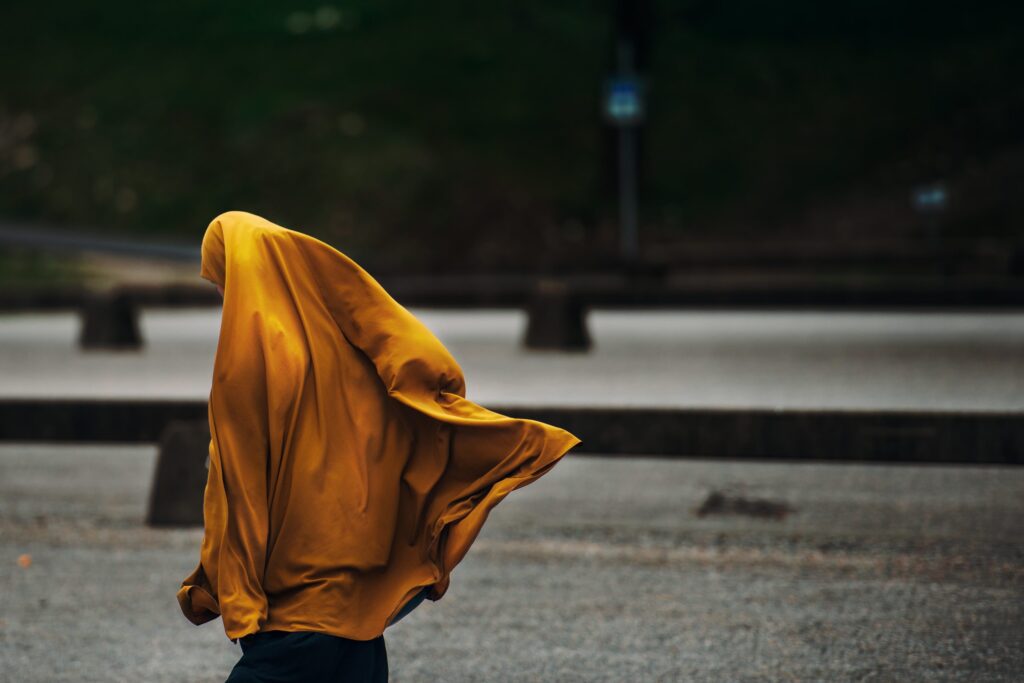TUESDAY, JANUARY 28th, 2014
All over England I see wrap scarves of various shades, long flowing scarves covered in flowers, black scarves and white scarves, striped scarves and spotted scarves. The landscape is covered with a garden of hijabī women.
The hijab is under attack in Montreal, it is forbidden in French public institutions (including schools and civil work), and Tunisia and Turkey have banned it from their universities. Tunisia lifted the ban after the revolution, and Turkey lifted it for a short period of time in 2008. In North America the ‘progressive’ movement has been championed by a number of Muslim women who call for (among other things) the removal of hijab.
In families the hijab can be a point of controversy, as young women put it on to their parents’ chagrin, or as young women refuse to put it on to their parents’ disappointment.
The hijab is a fascinating part of our faith-lives. In Sūrat al-Nūr, Allah the Exalted tells the believing women to {وليضربن بخمرهن على جيوبهن…} “to wrap their head-scarves over their ‘neck-slits’” (the Arabic word refers to the area of the neck and anything open of the clothing below it), then in Sūrat al-Aḥzāb the order is repeated when He tells the believing women to {.. يدنين عليهن من جلابيبهن…} “to lower over themselves of their outer garments (including in meaning a headscarf here as well).”
When the believing women of Medina heard the order to wear hijab, they immediately tore their embroidered fabric so that they could fulfill the conditions of it.
The hijab is a loud statement of affiliation. It is a team T-shirt that says “I am a Muslim woman!” It is a social consciousness, and a spiritual statement. And here in England the hijab is everywhere.
I have humorous thoughts that tickle my mind: I think, for example, that the British colonized Pakistan and now there are cities in Britain where it is unusual to see a non-Muslim in the neighborhoods, are we now ‘reverse colonizing?’
The attempt to quell the wearing of hijab is not only an attack on civil liberties, but an attempt to reduce the visual reminder of the Muslim presence in the world. As ‘feminist’ Muslims decry hijab, they have missed a very important point. Hijab is one of the most powerful symbols of identity known to the world – and it is worn by women alone.
Let us tie our scarves with a smile today, and step with strength upon the sidewalks of the various places we live. Our very presence is a reminder to others that this religion will not go away. That the followers of Muhammad (s) will emulate him. That the worship of One God will not disappear from the earth.
Allahu Akbar.

